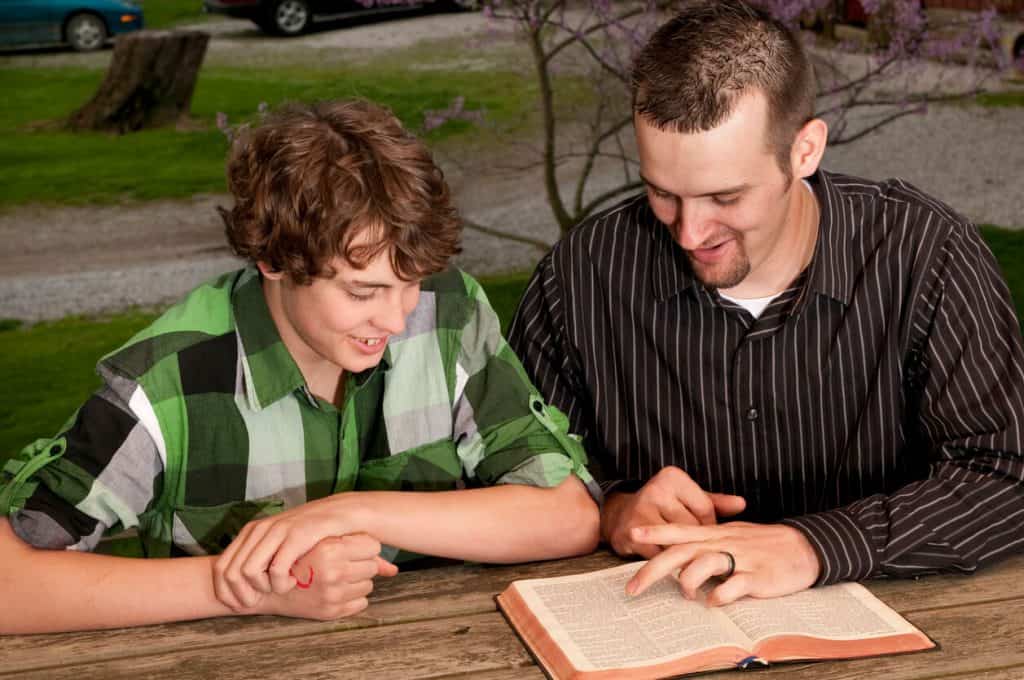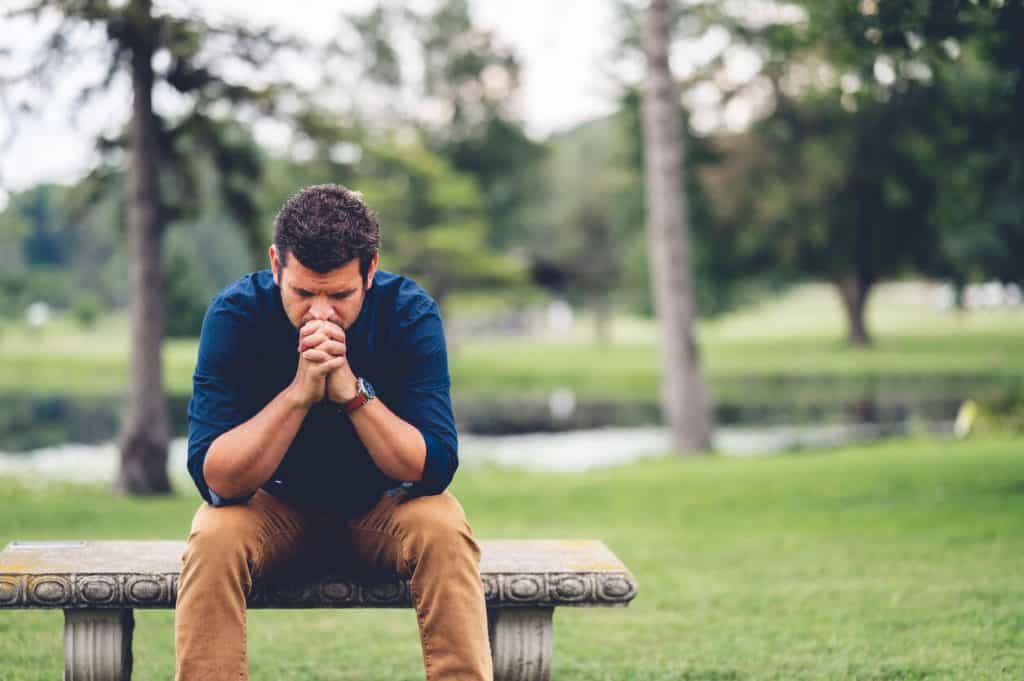Internet Safety Expert Donna Rice Hughes Helps Parents Talk to Kids
Unregulated pornography online is graphic and effortless to find. Sexual predators have easy and anonymous access to kids. Law enforcement are limited in their abilities to protect children in cyberspace. Kids regularly engage in risky behavior on the Internet. And parents are often overwhelmed and uninformed. It is no surprise Donna Rice Hughes, president and CEO of Enough is Enough, says kids can easily be drawn into this “perfect storm.”
Hughes appeared on the Today Show in March to talk about the vital importance of monitoring what your kids do online. Co-anchor Matt Lauer was quick to point out the common objection teens give: “Mom, you don’t trust me!” Hughes’ advice is to use the monitoring tools but to always let your kids know why. Have upfront communication about your desire to protect them.
We recently interviewed Hughes to ask her more about this. What is the value of monitoring your kids, and how can parents become good teachers of Internet responsibility?
“Internet safety and cyber-parenting is an ongoing issue,” says Hughes. “You can’t just have the Internet safety discussion one time and check the box and be done with it.”
Why is monitoring Internet use so important for parents?
Hughes: Filtering is absolutely essential, but you also need monitoring. With the both of them, you’re going to help your kids from seeing material they shouldn’t see, but with the monitoring, you have the opportunity to see what your kids are doing and where they’re going. There are a lot of kids who will try to get around a filtering tool or use a proxy or go outside of what the parent has tried to set into place. That’s one reason why monitoring is important.
It also helps, in my opinion, set up accountability. Setting up accountability serves as a deterrent to some behavior that your kids might want to try, but if they know you’ve got eyeballs on them, maybe they won’t.
We do recommend having a discussion with your kids about why you’re using these tools: it’s not necessarily that you don’t trust them, but it’s your job as a parent to make sure that they are safe. There’s a lot of people that do not have good intentions online that could seek to harm your kid. Parents can communicate with their children that the Internet is a great tool and it can be used for good or evil, and you, as a young person, can get yourself into some trouble without even trying.
How can Enough is Enough help parents communicate the reality of online dangers to their kids?
Hughes: We have actually been doing Internet safety work on a national level since 1994. But we created, over the past several years, the Internet Safety 101 Program, which is a multi-media program that was designed to educate parents, teachers, law-enforcement, youth workers, youth pastors—anyone who may be a steward of a child. Our primary partner has been the Department of Justice as well as other partners, including Covenant Eyes.
We thought it was vitally important for parents to really become educated. Our goal was to teach them the MO of the pornographer, the MO of the predator, the MO of a cyberbully, how kids are putting themselves at risk, how the Internet works, how the social web is working—if we could educate them on that, it’s like teaching somebody to fish. Then we find parents 100% incentivized to implement the safety measures. Because most of the problems kids are encountering online are preventable.
The idea is for parents to realize: If you aren’t the first line of defense, your kids are at risk. Period.
Learn more:
- Pick up a copy of the Internet Safety 101SM Program Kit (including the four-part DVD teaching series, Workbook, Resource Guide, and the Rules ‘N Tools Booklet), or watch video clips from the series on their interactive website.
- Listen to the full interview with Donna Rice Hughes on the Covenant Eyes blog.






